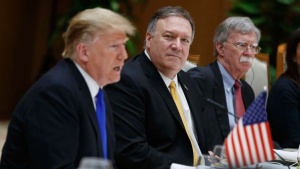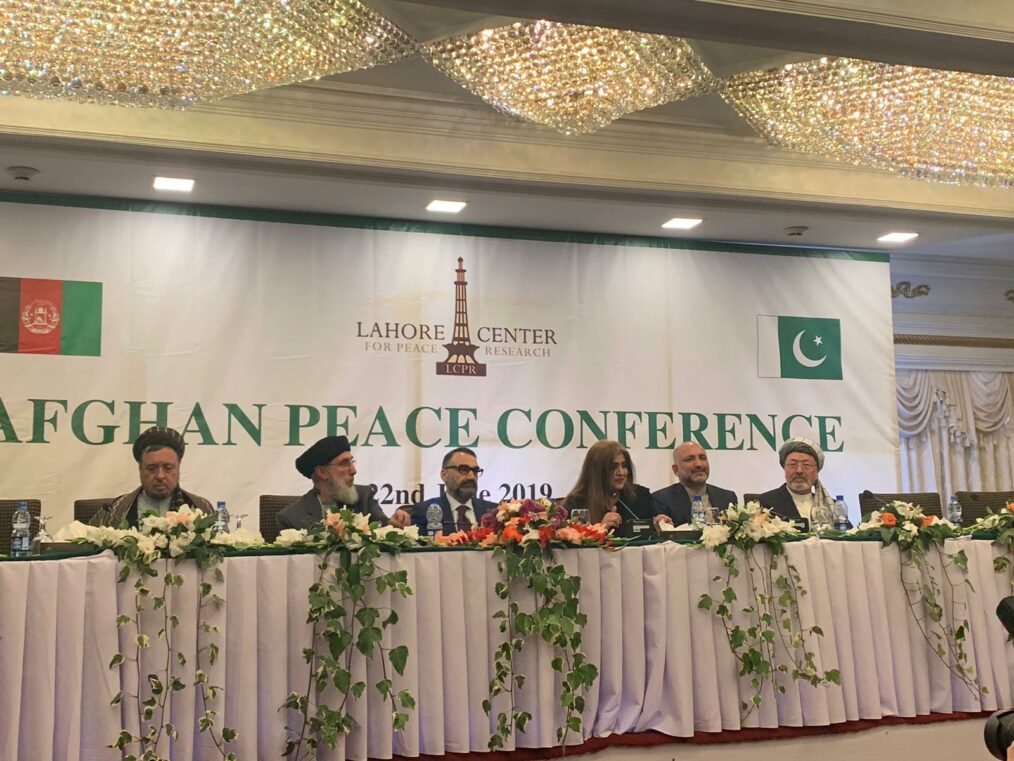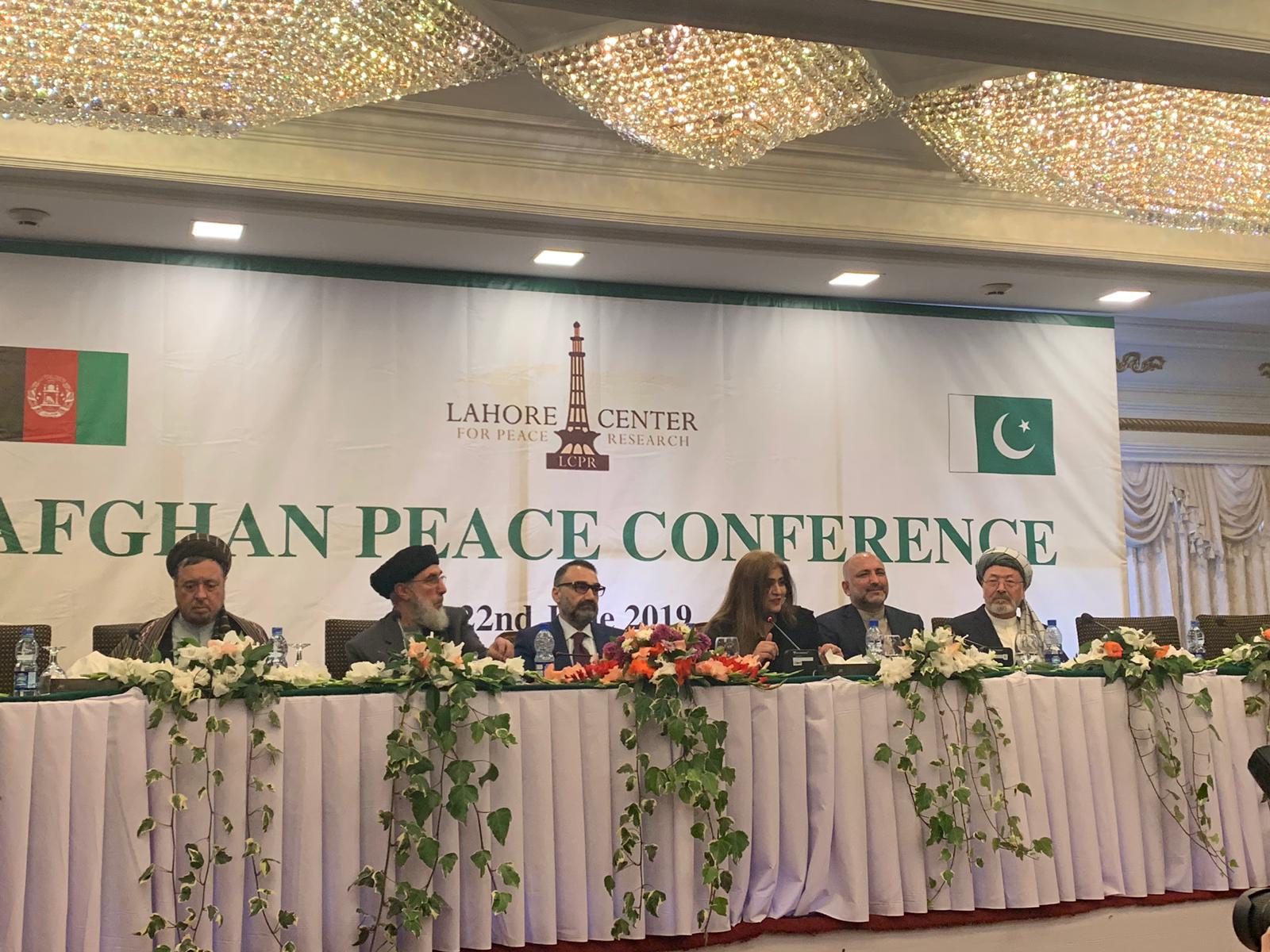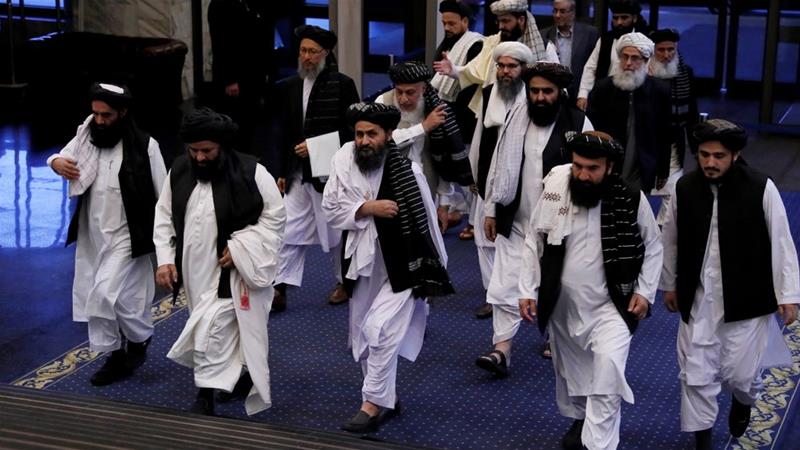
Photo Credit: ABC News. US President Donald Trump is pictured with Secretary of State Mike Pompeo and National Security Advisor John Bolton.
On 5 May 2019, United States National Security Advisor, John Bolton, announced that the US would deploy a series of aircraft carrier and bomber planes to the Persian Gulf. Bolton added that this move was meant ‘to send a clear and unmistakable message to the Iranian regime’, although the United States, ‘is not seeking war with the Iranian regime.’ While US Secretary of State, Mike Pompeo reaffirmed that the United States is indeed not seeking warfare with Iran, these weapons of war remain present in the country.
This affirmation of non-conflict made by Bolton contradicts the information stated in a 2015 Op-Ed that he himself published in the New York Times. In this article, Bolton clearly expressed his disbelief that Iran would consider any negotiating to deviate from its perceived nuclear program, and therefore, as the title of the 2015 Op-Ed alludes, ‘To Stop Iran’s Bomb, Bomb Iran.’
Approximately two weeks after Mr. Bolton’s May 2019 statement, a United States intelligence assessment, sourced from three unnamed United States officials, stated that the presence of these weapons were ‘having an effect on Iranian posture and behavior.’ This irrefutable tension and foreboding of conflict between these two countries brings into question the direct and potentially detrimental impacts of this decision regarding the concurrent United States Peace Talks with Afghanistan.
International partnerships between significant national powers such as Russia, Iran, Iraq and United States remain the crux of the success of the United States peace talks with Afghanistan, yet the United States’ current situation with Iran threatens to hinder the progress greatly. Examples of the potential impact were seen in late May 2019, where Iraq held its ground, vowing they would stand with Iran amidst the United States’ fears of the ‘Iranian threat’.
It is likely and predictable that similar allegiances could be established between other nations, including those that would stand against the United States, consequently harming the progress of any reconciliation or peace-determining efforts with Afghanistan. With the Taliban exhausting Afghan and international forces, it was suggested that the United States should focus a joint effort with the Afghan government in order to negotiate with the Taliban.
Vital to mention is the relationship between Iran and Afghanistan, two nations who share a language, religion and border. Iran’s discontent, lightly put, with the United States has been demonstrated through Iran’s support for Taliban factions, which in turn contradicts the Afghan Peace talk efforts. It has even been warned by Qatar’s Foreign Minister, Sheikh Mohammed bin Abdulrahman al-Thani, that the United States and Iran are at a ‘stalemate’ and must quickly de-escalate the situation with a mutual settlement and compromise that both parties can agree upon.
It is therefore proven that absent an amicable relationship between the United Stated and Iran, the likelihood of negotiations and further progress in the Peace talks with Afghanistan diminish without say. Considering the foregoing, the presence of weapons of war in Iran, despite intention, speculated or confirmed, will continue to hinder United States peace talk progress with Afghanistan, and this vicious cycle will not cease until the United States and Iran reach a harmonious settlement.






